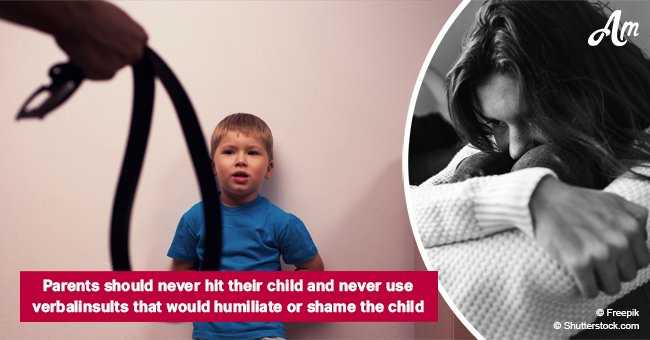
Scientists warn: Spanking is ineffective and harmful to children
Spanking is ineffective for disciplining children and can impact brain development, according to new studies.
The American Academy of Pediatrics is reinforcing its push to boycott spanking because this practice can hurt kids.
In a statement, Dr. Robert D. Sege, the author on the revised policy and past member of the group's Committee on Child Abuse and Neglect, said that "the good news is fewer parents support the use of spanking than they did in the past."
"Yet corporal punishment remains legal in many states, despite evidence that it harms kids — not only physically and mentally, but in how they perform at school and how they interact with other children," Dr. Sege added.
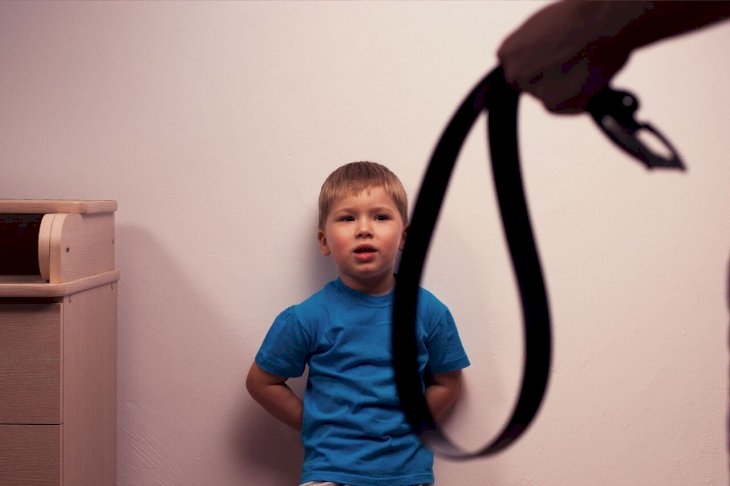
Source: Shutterstock
Follow us on our Twitter account, @amomama_usa, to learn more.
The updated statement was published recently and is expected to appear in the December journal Pediatrics.
Referring to new research, the AAP claimed that corporal punishment or harsh verbal maltreatment not only won't change behavior over the long term but can make kids more aggressive.
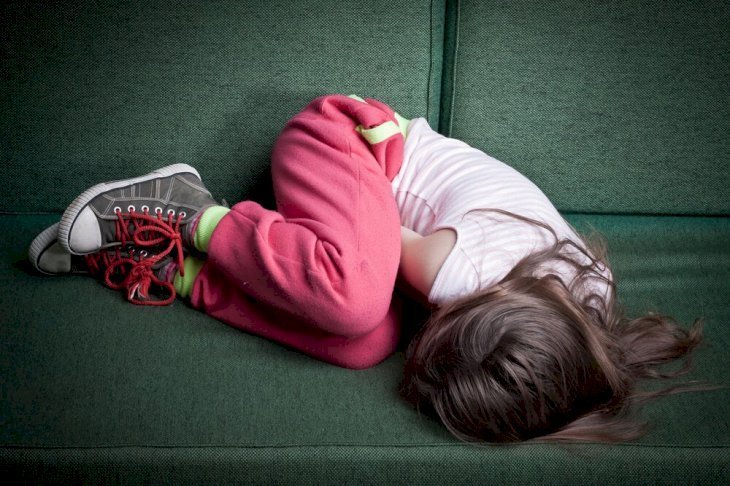
Source: Shutterstock
They encouraged parents to make disciplinary plans where they remain in charge.
The group, on the other hand, were suggesting pediatricians assist parents with age-appropriate plans for restraining children.
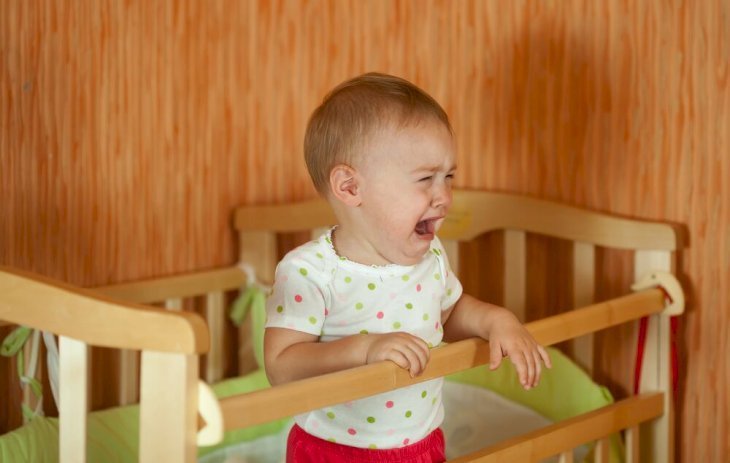
Source: Shutterstock
The co-author of the revised policy and fellow of the AAP, Dr. Benjamin S. Siegel, said in a statement that "it's best to begin with the premise of rewarding positive behavior."
"Parents can set up rules and expectations in advance. The key is to be consistent in following through with them," Dr. Siegel added.
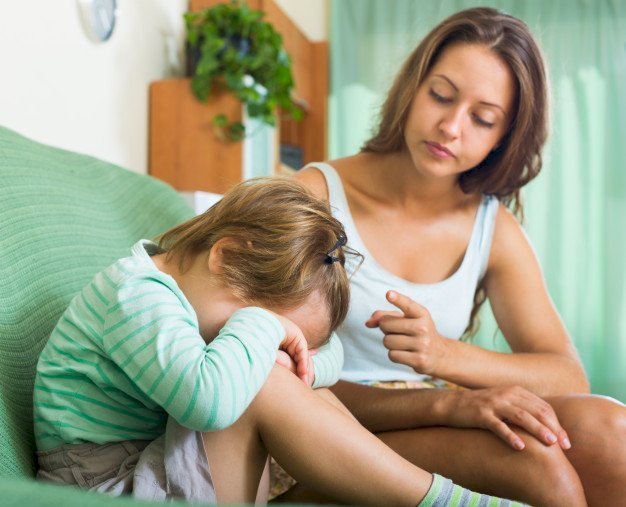
Source: Freepik
In 2017, a study published in the "Journal of Pediatrics" discovered that children who are spanked were more likely to commit dating violence later in life.
According to Aaron Cooper, Ph.D., director of Child, Adolescent and Family Services at The Family Institute at Northwestern University, the revised policy from AAP could help parents who spank their children think about different choices.

Source: Freepik
In an email to USA TODAY, Cooper said, "Few parents want to think of themselves as damaged, whether as a result of being spanked or anything else our parents did to us."
He added that "to give up spanking, we need to recognize its potential to harm."
